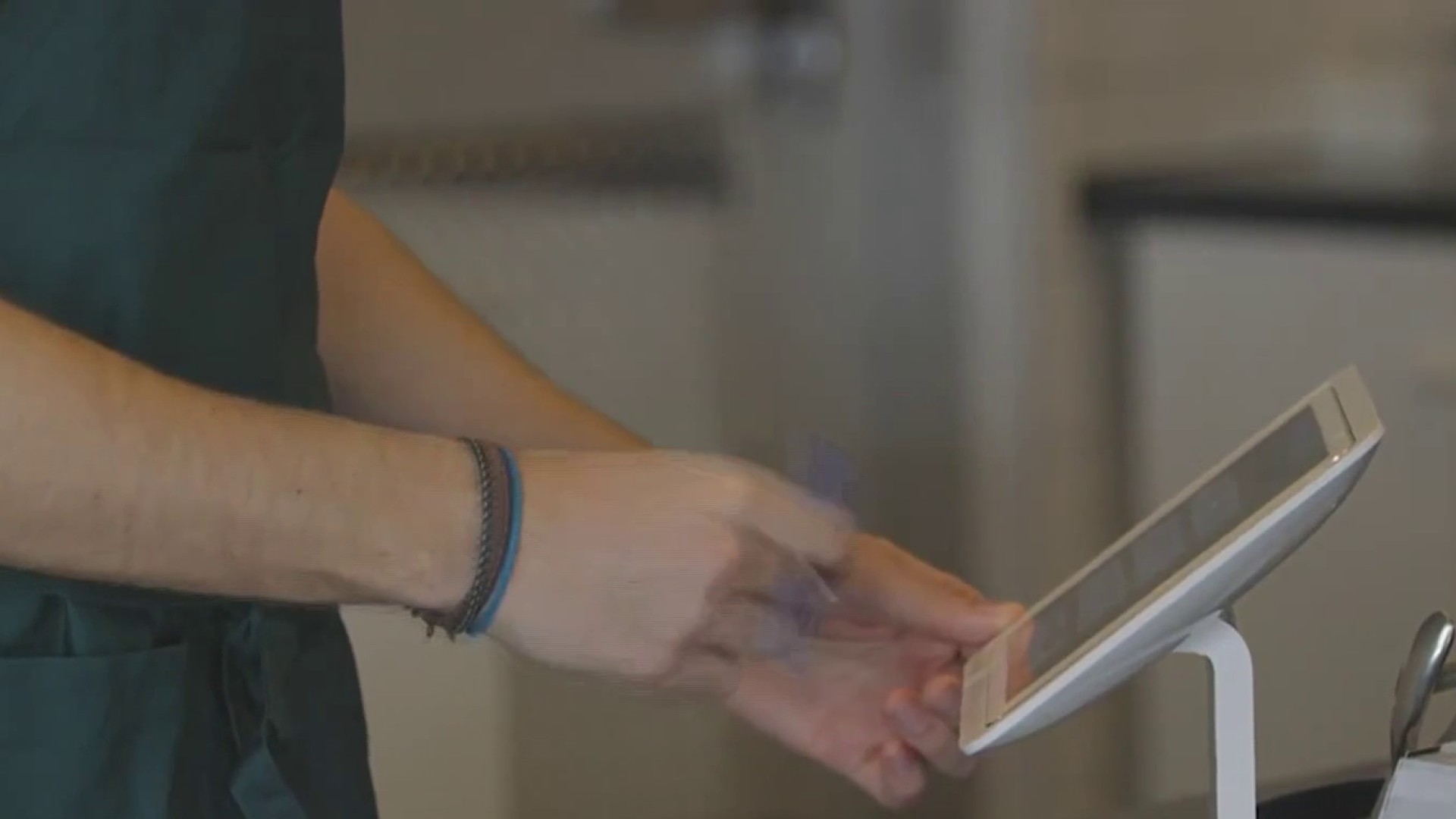Thousands of opioid-related deaths in Connecticut have led to lawsuits against the major drug companies. Overdose reversal drug Narcan has been made available over the counter in schools and other places.
Now, there's even an international plea from President Biden asking other countries to help stop the flow of fentanyl into the United States.
NBC Connecticut's Mike Hydeck spoke with Congressman Joe Courtney about the effort here in Connecticut and abroad.
Mike Hydeck: So this is a wide ranging thing as we try to curb the flow of fentanyl and other drugs here in the United States. First up, you helped with a ribbon cutting this week on an addiction treatment center. This is one that can help, it's one way to help because eastern Connecticut has seen this overdose epidemic up close, right?
Get Connecticut local news, weather forecasts and entertainment stories to your inbox. Sign up for NBC Connecticut newsletters.
Joe Courtney: Correct. You know, if you, unfortunately, look at the sort of heat map for overdoses across the state of Connecticut, we've had high density and high concentration in eastern Connecticut; we hear about this all the time from local police departments and from hospital providers. So this new recovery center in Willimantic, which is a 60-bed facility, will fill a huge need right now, because people who, again, because of these crisis moments decide that they want to take the next step in terms of, you know, recovery and weaning themselves off of addiction, unfortunately, there's not a lot of beds, not only in eastern Connecticut, but in Connecticut as a whole. A lot of people have to leave the state. It's very clunky and expensive. And so getting this new facility, which is spectacular, in the Windham community is going to, I think, really help get people treatment faster. And it's high quality and that's one of the pieces of the spectrum of initiatives that we need to really get a hold of this problem, because it starts with prevention, obviously, trying to get people safe and healthy and in recovery.
Mike Hydeck: So earlier this week, President Biden said that this is an international problem. And he's actually said it a few times this week. He's asked China's President Xi Jinping to stop exporting the base chemicals that help to make fentanyl. How likely is that to happen, though? That's probably a lucrative source of income for China and those companies. Do you think that's actually going to happen?
Joe Courtney: Well, it better happen, because they have a lot at stake in terms of their own really failing economy right now, which is why I think you saw a much different attitude in San Francisco at the APEC convention that China was looking for ways to try and, you know, improve their standing with the West. These are synthetic chemicals, as you point out, and a lot of them are being produced in China. They're making their way to Mexico where the final sort of production and assembly happens, and then it makes its way into the U.S. So cutting this off, really at the origin, I think is really going to be a really critical step. They also agreed to rejoin the International Narcotics Control Board, which they had withdrawn from three years ago, completely unacceptable step on their part in terms of really just showing no interest in trying to deal with this problem, which is global, as you point out, and again, I think this was encouraging that they have made that commitment. Again, it's all about execution. And we know from past instances that sometimes words are cheap.
Face the Facts
Face the Facts with NBC Connecticut goes beyond the headlines, asking newsmakers the tough questions, giving an in-depth analysis of the big stories.
Mike Hydeck: And speaking of that, in many reports they talk about our entry point through Mexico. The drug cartels use this; they get the chemicals from China. As we reassess what to do about border security, do drug agents have to be part of the solution, more of them?
Joe Courtney: Absolutely. And also, to get the scanning technology, which we know from the border patrol and DEA, which is really the way to stop the flow because this material comes in by vehicle. And the, you know, ability to really sort of screen that because it's very densely and high, you know, low volume, material that comes through, you really need to have really sophisticated technology to detect it. That technology does exist. And last year's budget - a lot more of it is now being deployed and you're seeing higher apprehension rates. But that's got to step up and the president talked about that, as well as rescheduling fentanyl to get it really into the highest level of prohibited substances, which again, is a way of helping law enforcement.
Mike Hydeck: What's your take on the new speaker, House Speaker Mike Johnson? Is there some kind of middle ground that can be used moving forward with the Democrats and Republicans with a solution for the border and this fentanyl?
Joe Courtney: So, you know, it should be. I mean, honestly, his decision to allow us to keep the government open, which again, it was a majority of Democrats that pass that bill, was encouraging because it showed that he was not going to use this leverage type of politics to shut things down and get his way. And I honestly do think there's room to negotiate in terms of these types of preventive measures, which we just talked about. And also making sure that we beef up the border to really stop the unacceptable levels of people crossing over.



